Blog
- Home
- Blog
How to Choose the Right Welded Wire Mesh for Your Construction Projects
When undertaking construction projects, selecting the appropriate materials is crucial for ensuring structural integrity and durability. One such essential component is welded wire mesh, which plays a vital role in providing support and stability in various applications, from foundations and concrete reinforcement to fencing and safety barriers. However, with a plethora of options available in the market, choosing the right welded wire mesh can be a daunting task. Factors such as wire diameter, mesh size, coating types, and specific project requirements need to be carefully considered to achieve optimal results. This blog will guide you through the key elements to evaluate, helping you make an informed decision that aligns with your construction needs and objectives.
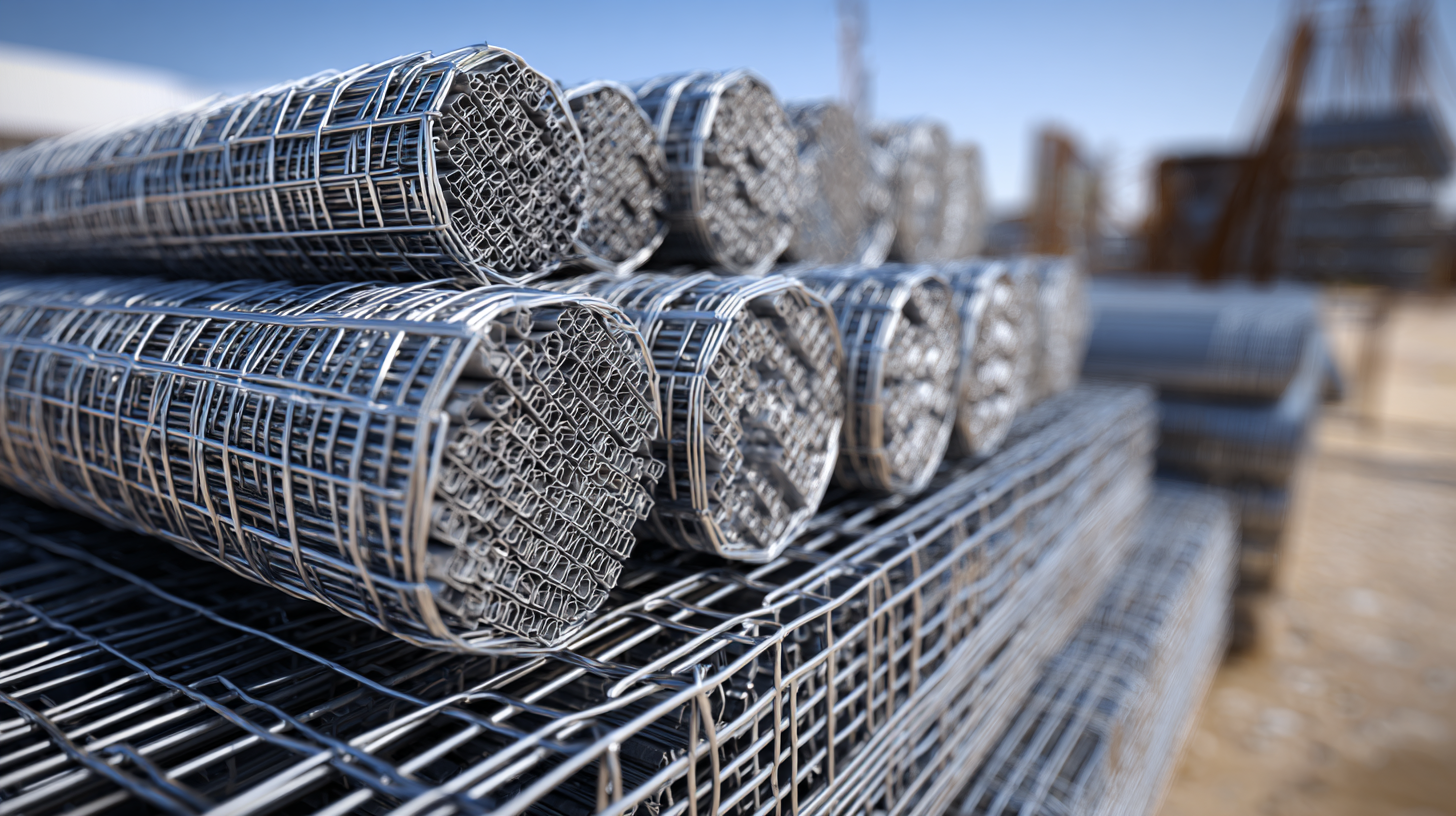
Factors to Consider When Selecting Welded Wire Mesh for Construction Projects
When selecting welded wire mesh for construction projects, several factors should be considered to ensure optimal performance and durability. First and foremost, the gauge of the wire is crucial. Thicker wires provide greater strength and load-bearing capabilities, making them ideal for heavy-duty applications, such as concrete reinforcement. In contrast, lighter gauges may be sufficient for smaller projects or decorative purposes. Additionally, the spacing of the mesh openings should match the requirements of the specific application, ensuring it can effectively provide support without compromising structural integrity.
Another critical aspect is the type of coating applied to the wire mesh. Different environments can lead to varying levels of corrosion, so it’s essential to choose a mesh with an appropriate protective coating. Options like galvanized or PVC-coated wire offer enhanced resistance to rust and weathering, making them suitable for outdoor or high-moisture settings. Finally, consider the specific regulations and standards in your area, as compliance with local construction codes will impact the choice of welded wire mesh and ensure safety and reliability in your projects.
Factors to Consider When Selecting Welded Wire Mesh for Construction Projects
Understanding the Different Types of Welded Wire Mesh and Their Applications
Welded wire mesh is a staple in various construction projects, providing structural support and durability. Understanding the different types of welded wire mesh is crucial for selecting the right option. Common types include reinforcing mesh, which is primarily used in concrete reinforcement, and fencing mesh, utilized for security and containment. According to the Global Wire Mesh Market Report, the demand for welded wire mesh is projected to rise by 5.3% annually, driven primarily by its versatility in construction and agriculture.
The application of welded wire mesh varies significantly depending on its design and material. For instance, heavy-duty welded wire mesh is ideal for industrial flooring, capable of withstanding high loads, while lighter variants are often used for residential applications such as garden fencing. A study by the Construction Industry Research and Information Association indicates that using high-quality welded wire mesh can enhance the lifespan of concrete structures by up to 40%. This underscores the importance of selecting the appropriate type of mesh based on the specific demands of each project, ensuring both safety and efficiency in construction efforts.
Evaluating the Strength and Durability of Welded Wire Mesh Options
When evaluating the strength and durability of welded wire mesh options for construction projects, it's essential to consider various material properties that impact overall performance. According to a recent report by the IMARC Group, the manufacturing cost analysis of wire mesh fencing is expected to reveal significant insights on the business setup and requirements, indicating that investment in high-quality materials can yield better long-term results. Factors such as tensile strength, resistance to corrosion, and load-bearing capacity are crucial to ensuring that the chosen wire mesh can withstand environmental stresses and mechanical loads.
Recent studies have also emphasized the advancements in wire mesh reinforced natural fiber composites, showcasing their enhanced mechanical properties and utility in sustainable construction practices. This aligns with the growing trend towards eco-friendly materials in reinforced concrete structures, which offer improved durability while reducing the carbon footprint. Additionally, evaluating the performance of various configurations allows contractors to select the optimal type of welded wire mesh that ensures safety, reliability, and efficiency in their constructions, ultimately leading to more resilient structures.
How to Assess Your Project's Specific Structural Requirements
When selecting the right welded wire mesh for your construction projects, it's crucial to start by assessing your project's specific structural requirements. According to a report by the National Institute of Standards and Technology (NIST), the performance of welded wire mesh significantly dictates the overall strength and durability of concrete structures. Factors such as load-bearing capacity, environmental conditions, and intended use will directly influence your choice of mesh. For example, heavy-duty applications, such as roads or industrial floors, may necessitate higher tensile strength and thicker wire, while lighter applications such as residential flooring might suffice with lighter gauges.
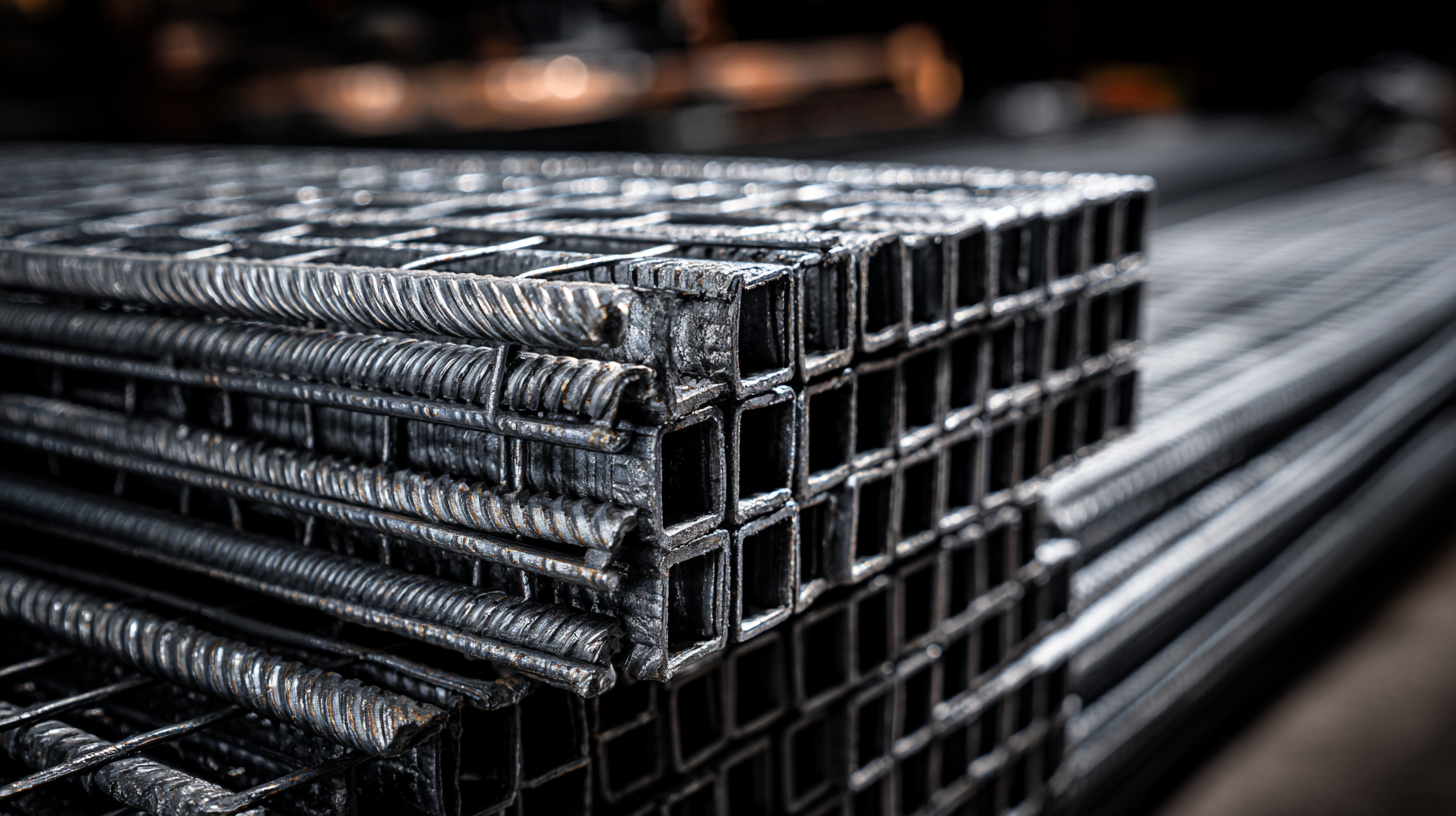
Additionally, understanding the specific codes and standards your project must adhere to is vital. The American Concrete Institute (ACI) suggests that welded wire mesh should conform to certain specifications, which can vary depending on local regulations and the nature of the project. Take into account the spacing and configuration of the mesh as well; a study published in the Journal of Structural Engineering highlights that improper spacing can lead to crack propagation, undermining structural integrity. By meticulously evaluating these parameters, you ensure that the welded wire mesh you select not only meets but exceeds the demands of your construction endeavor.
Cost Considerations and Budgeting for Welded Wire Mesh in Construction
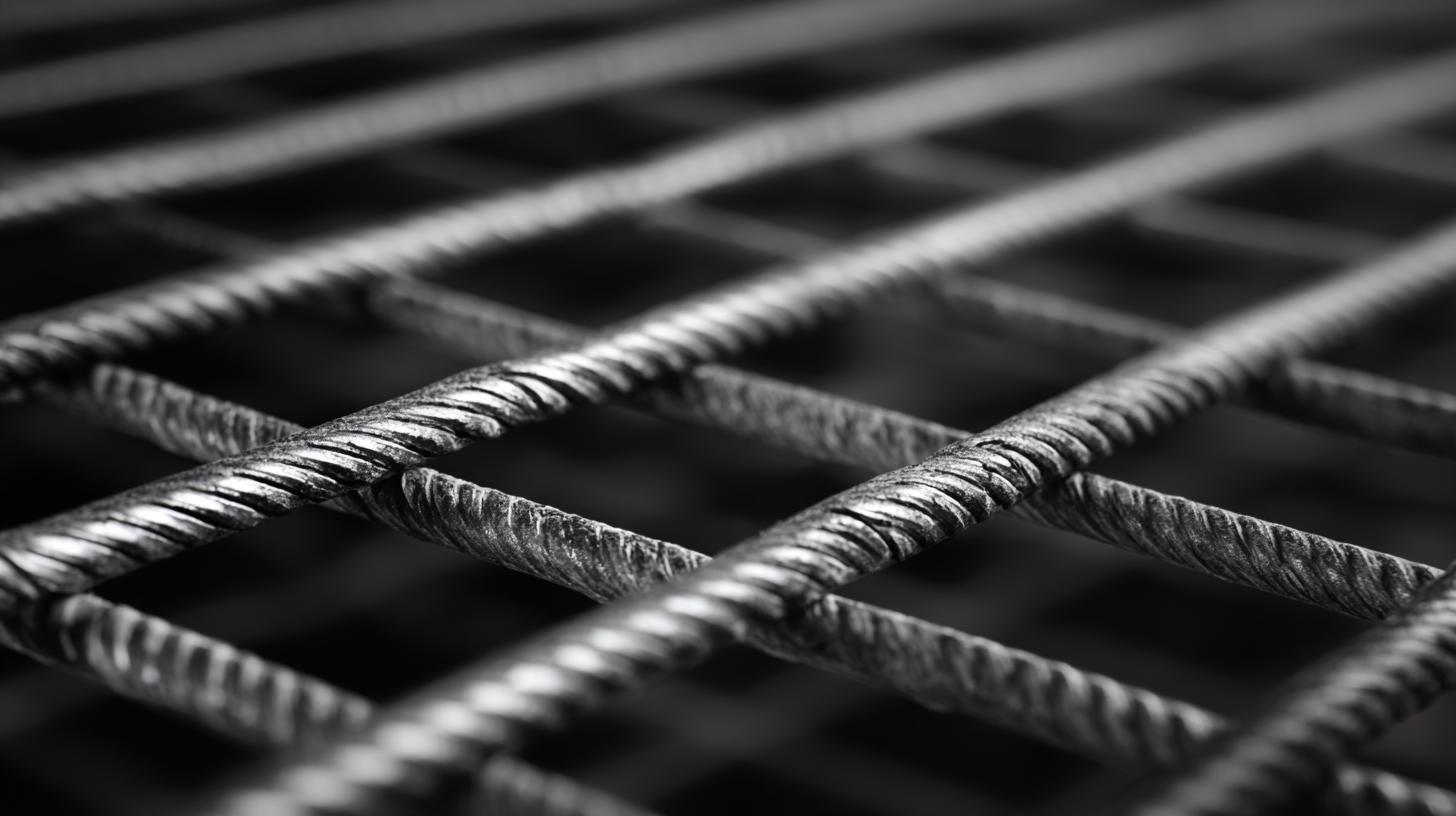 When embarking on construction projects, the choice of welded wire mesh can significantly influence your budget. Understanding the cost considerations is essential for effective project planning. Recent analyses of wire mesh fencing manufacturing costs highlight critical factors that affect pricing, including raw material expenses, manufacturing processes, and labor costs. By obtaining detailed insights into these variables, project managers can better estimate the financial requirements for their specific needs.
When embarking on construction projects, the choice of welded wire mesh can significantly influence your budget. Understanding the cost considerations is essential for effective project planning. Recent analyses of wire mesh fencing manufacturing costs highlight critical factors that affect pricing, including raw material expenses, manufacturing processes, and labor costs. By obtaining detailed insights into these variables, project managers can better estimate the financial requirements for their specific needs.
Budgeting for welded wire mesh should also account for any necessary modifications or customizations based on the project specifications. It's important to get quotes from multiple suppliers while considering the long-term durability and quality of the mesh, which can influence maintenance costs down the line. As emerging trends in the wire mesh fencing industry continue to evolve, staying informed about market fluctuations and production advancements will empower you to make more informed and economically sound choices for your construction endeavors.
Related Posts
-

Future Trends in Best Cable Mesh Market Analysis by 2025 with Real World Examples
-

Evaluating the Benefits of Welded Wire Mesh Fence Against Traditional Fencing Solutions
-
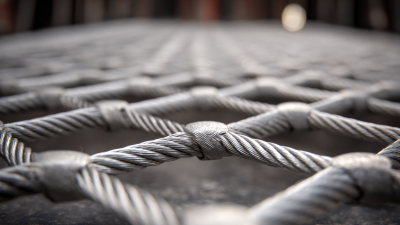
Understanding the Unique Benefits of Cable Mesh for Your Industrial Applications
-

Ultimate Guide to Wire Tray Options for Industrial Applications
-
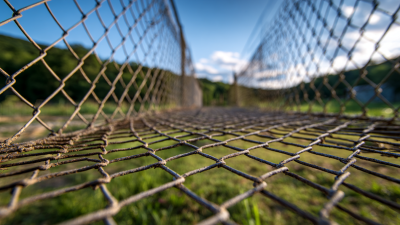
The Future of Best Fence Netting A Comprehensive Analysis of Market Trends Towards 2025
-

Challenges Faced While Sourcing Wire Mesh Panels: A Global Procurement Perspective
